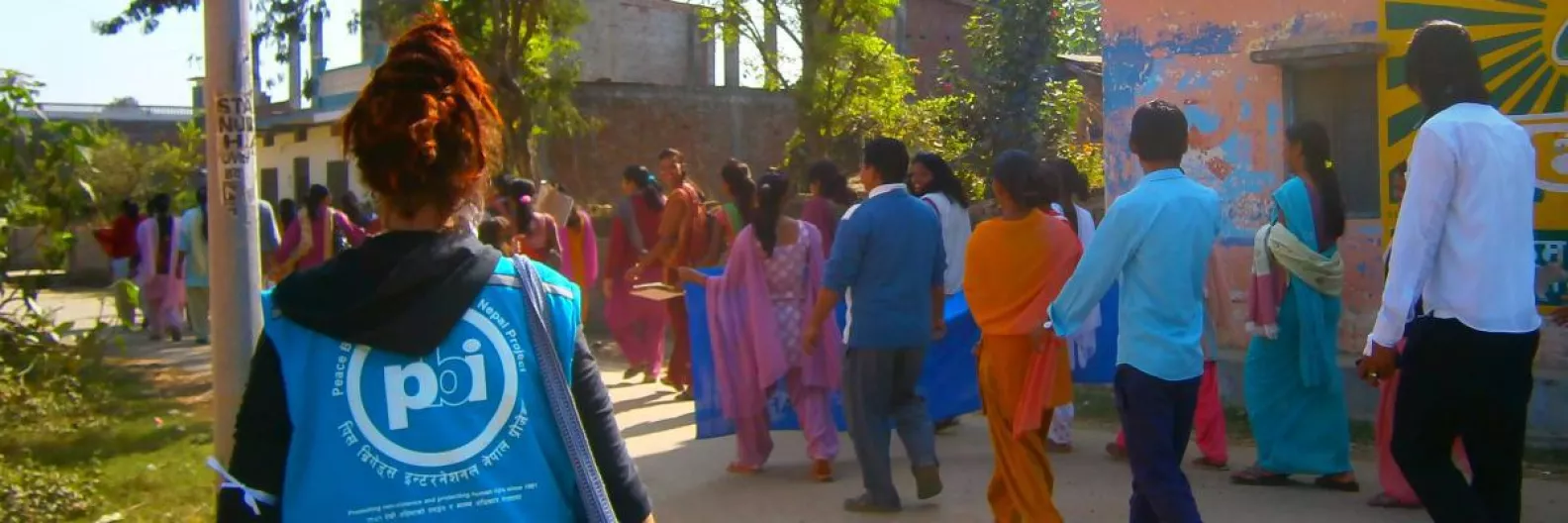
During Nepal’s civil conflict between 1996 and 2006, more than 13,000 people were killed and thousands were forcibly disappeared. Both Maoist insurgents and government forces committed human rights and humanitarian law violations including extrajudicial execution, torture, displacement, arbitrary arrests and detention. None of those responsible have yet been held to account.
PBI opened its Nepal Project in 2006. Despite the signing of peace accords in the same year, and democratic elections in 2008, Nepal is still experiencing political violence, instability, poverty, inequality, and economic and energy crises. PBI promoted respect for human rights and protecting human rights defenders in Nepal from 2006 to 2013. However, after 7 years of operation, PBI decided to close its field office on 1 January, 2014.
A strategic review of PBI’s work in Nepal was conducted in 2012, involving extensive consultations with human rights defenders and the international community in Nepal. Changing geopolitical dynamics in the region has brought challenges for international organizations working on human rights issue. This new context has meant that PBI’s tool of providing protective accompaniment to human rights defenders (HRDs) had become less relevant. The emphasis in terms of protection had moved towards security and risk assessment training, capacity building, and high level advocacy. We found that there were local organizations better placed to offer these services.
However, the fact that we closed our office does not mean that PBI will end its work in Nepal. A key achievement over the 7 years had been the development of NepalMonitor as a tool for the protection of human rights defenders. This website maps and forwards human rights and security reports to human rights defenders located close to where the incidents happen, and allows them to submit reports through e-mail and text message. All the subscribers who responded to our survey stated that the alerts they receive were either useful for their work or for assessing their security.
NepalMonitor was handed over to a local organization, and it is now known as Nepal Monitor, a COCAP protection and conflict prevention initiative supported by PBI. As part of our ongoing commitment to raising awareness about and supporting the work of Nepali human rights defenders we are cooperating with COCAP, which will enable us to work in partnership with them to design an international advocacy strategy to complement the work of HRDs on the ground.
